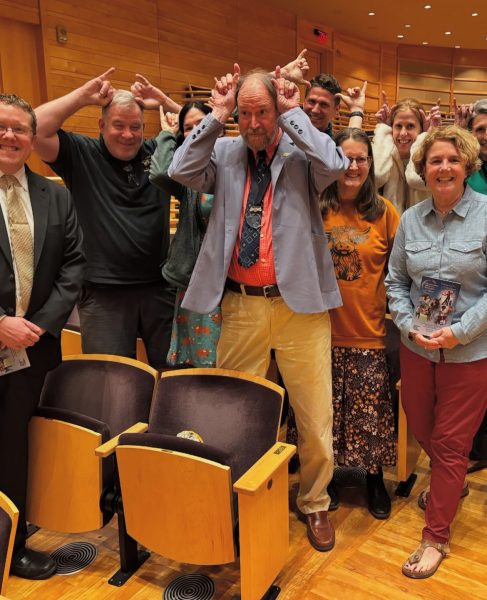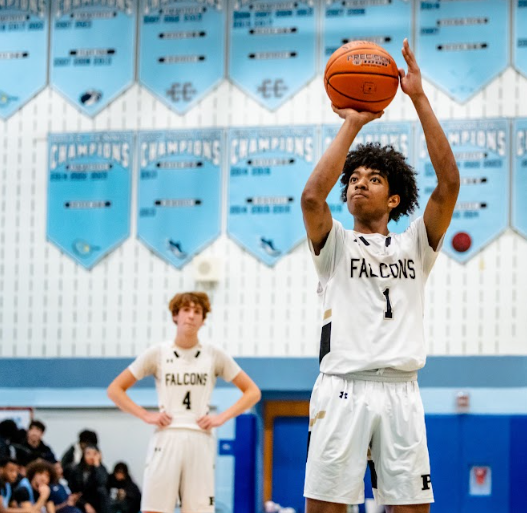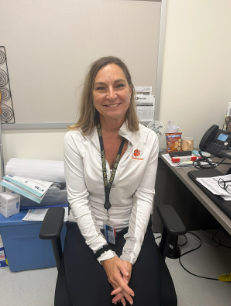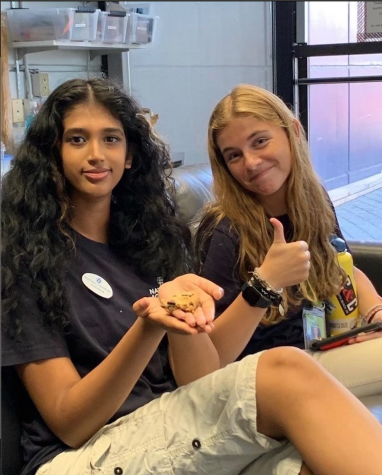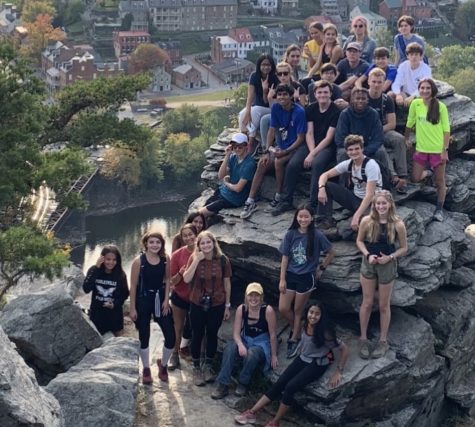Featured Falcon: Scholastic Silver key and honorable mention for personal essays recipient Sarah Cho
What sparked your interest in writing?
Writing was always something I used to express myself. I didn’t speak English growing up so writing was always difficult. The struggle of learning how to write in English helped me like English and embrace the challenge. Once I understood how to write and put my ideas to writing, I learned it was a valuable tool to share my story.
Can you tell us about the piece you’ve written for the Scholastic competition?
The first essay was about a traditional Korean rice dish called Bibimbap. Over quarantine, I learned how to substitute ingredients in the traditional recipe for ingredients I enjoy. I used it as a parallel for cultural connections and expressing different parts of myself.
My personal essay was my Common App essay, which was an analogy referring to David and Goliath. I grew up in Sunday school and in a very Christian household. I used the famous story to the way I learned to express myself. I experienced the disparities students face in the MoCo ESOL system. Now I’m very involved in advocacy to raise the voices of students who come to MoCo and don’t speak English as their first language, so I became their David.
What was your process for creating your piece?
I wrote the Bibimbap essay in like 45 minutes at a Starbucks and was planning to post it on a recipe board. I built on the details of each ingredient which formed a cohesive piece out of a spontaneous idea.
The David and Goliath essay was written over 5-6 months, going through 1700 drafts. My analogies changed a LOT. I wanted to put my story out there and be as authentic as possible by highlighting the challenges I overcame.
What did you enjoy about writing your essay?
For each of the details I wrote, I distinctly remembered the memories with them. You can trace my mental health through the essay because it’s an authentic roadmap of how I’ve come and I can look back on how far I’ve come.
What challenges did you face when writing your essay?
In the bad memories I included, I wanted to forget them. But then I realized in order to authentically show my growth, I would need to face the challenging memories I wanted to put away. I tend to forget about my struggles, but the essay made me revisit old memories and helped me see my growth. When I was creating the piece, I was tailoring it to my college applications , but Scholastic also appreciates personal growth. Talking about something niche to me makes me more self-aware and addresses multiple perspectives.
What are your future goals for your writing?
I published a children’s book last year called “How To be One of Earth’s Favorite Humans” as a guide to being more sustainable. It was an amazing Covid project. I want to make it a series. I would love to get into sports analytical writing when I get to college.
Do you have any advice for students looking to enter the Scholastic competition next year?
For your piece, it’s very easy to stress over grammar and sentence structure, but I think it’s very important to focus on the message of your writing. You want to impact the writer, and it’s also meant to be a fun experience. Use this as a growth opportunity and not only an award accomplishment. It’s rewarding to receive feedback and share your story.
Your donation will support the student journalists of Poolesville High School. Your contribution will allow us to purchase equipment and cover our annual website hosting costs.
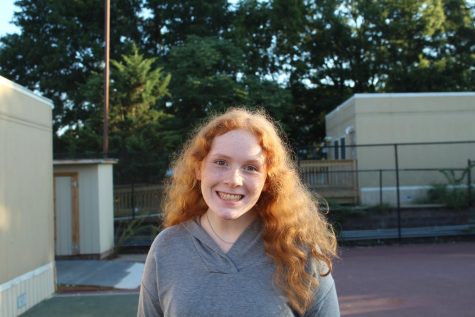
Allison is a junior in the Humanities program, but if she went to Hogwarts, she would be a Ravenclaw. This is her first year with The Pulse. She is a member...



